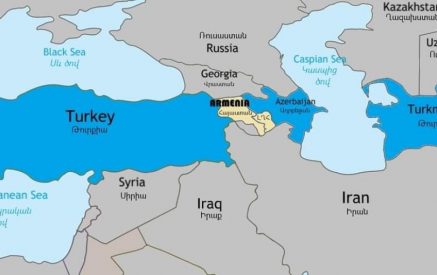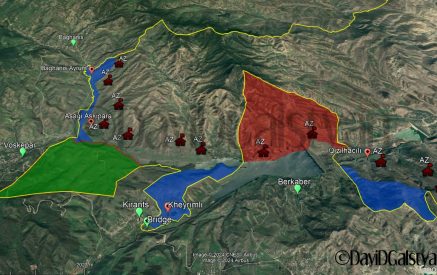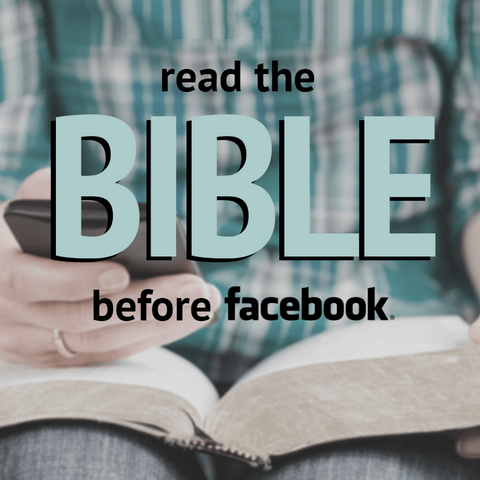Suppose several million Armenians are registered on Facebook, 90% of who do not care that 120,000 Armenians are under siege, and 10% do. Accordingly, only 10% react to the materials about the blockade of Artsakh, and 90% follow the day’s news, some of which are born automatically, and other is intentionally thrown into the field.
They are usually not news. The news is what you didn’t know yesterday and learned about today. When person X says something bad about person Y, it is not news because X and Y have already said all those things about each other a hundred times. But it seems that most users have got addicted to picking up the phone every five minutes and checking what they say about each other, and most importantly, how their “wishers” and “those who don’t” interpret it. It is clear: the more aggressive and bilious the words and comments are, the bigger the audience gathers. It is also clear whether it is unnecessary or “not- news” it has a crushing advantage over essential and accurate information.
What do those statistics mean? I find it difficult to answer that question; it is a subject of serious research. I am interested in another question: should we be guided by these statistics? How many views, “likes,” how many people love or hate us, and what people are talking about us… are these central questions of our existence?
The whole problem is that these standards are the basis of the activity of our government. This is how they decide how right or wrong, successful or unsuccessful a move is. God forbid if tomorrow Azerbaijan seizes some more territory from the Republic of Armenia, and the Prime Minister says it is the fault of the 5th column and collects 10 thousand “likes” for that statement.
Read also
The government will consider its mission successfully accomplished. In other words, the important thing is not to lose the territory but to get “likes.”
Aram ABRAHAMYAN



























































